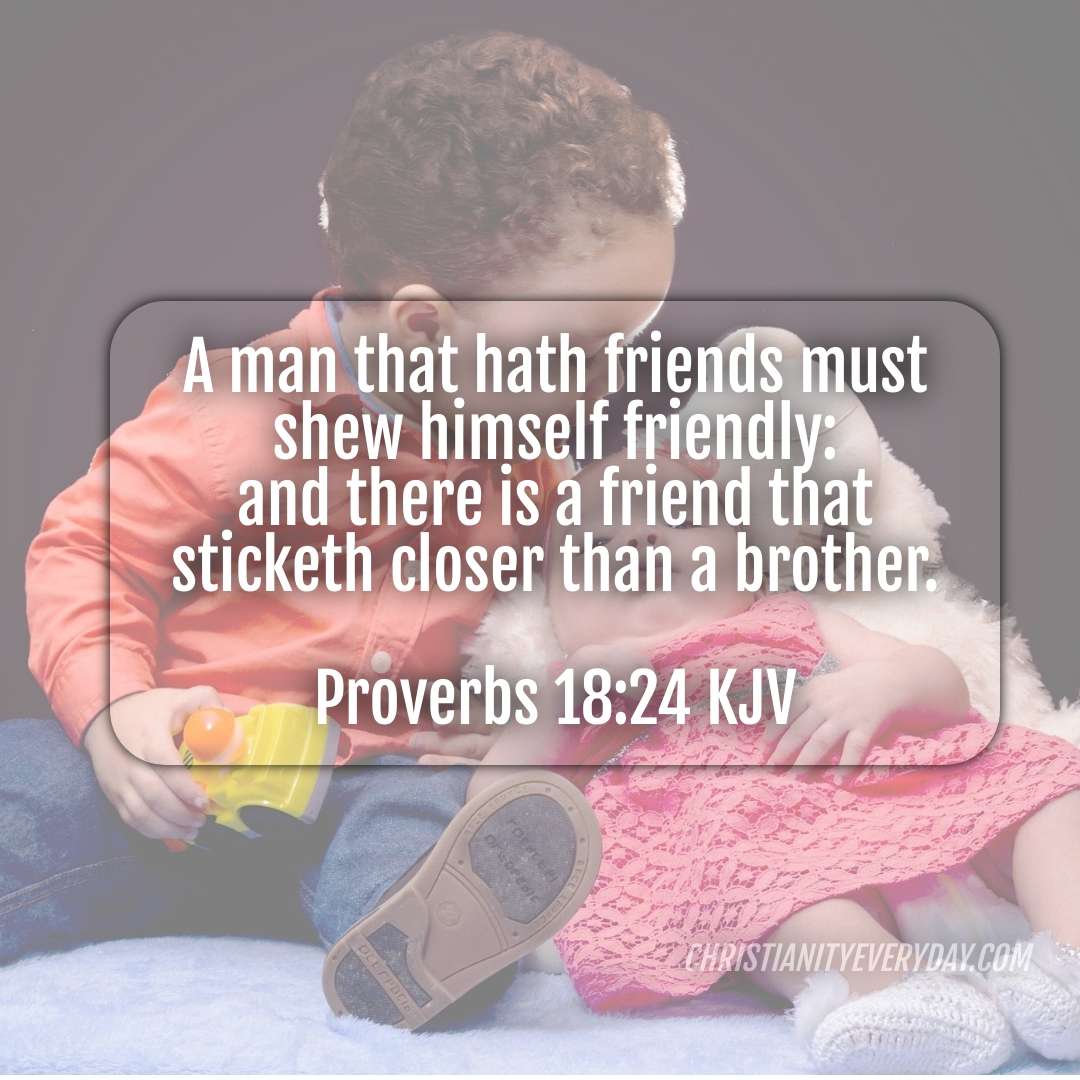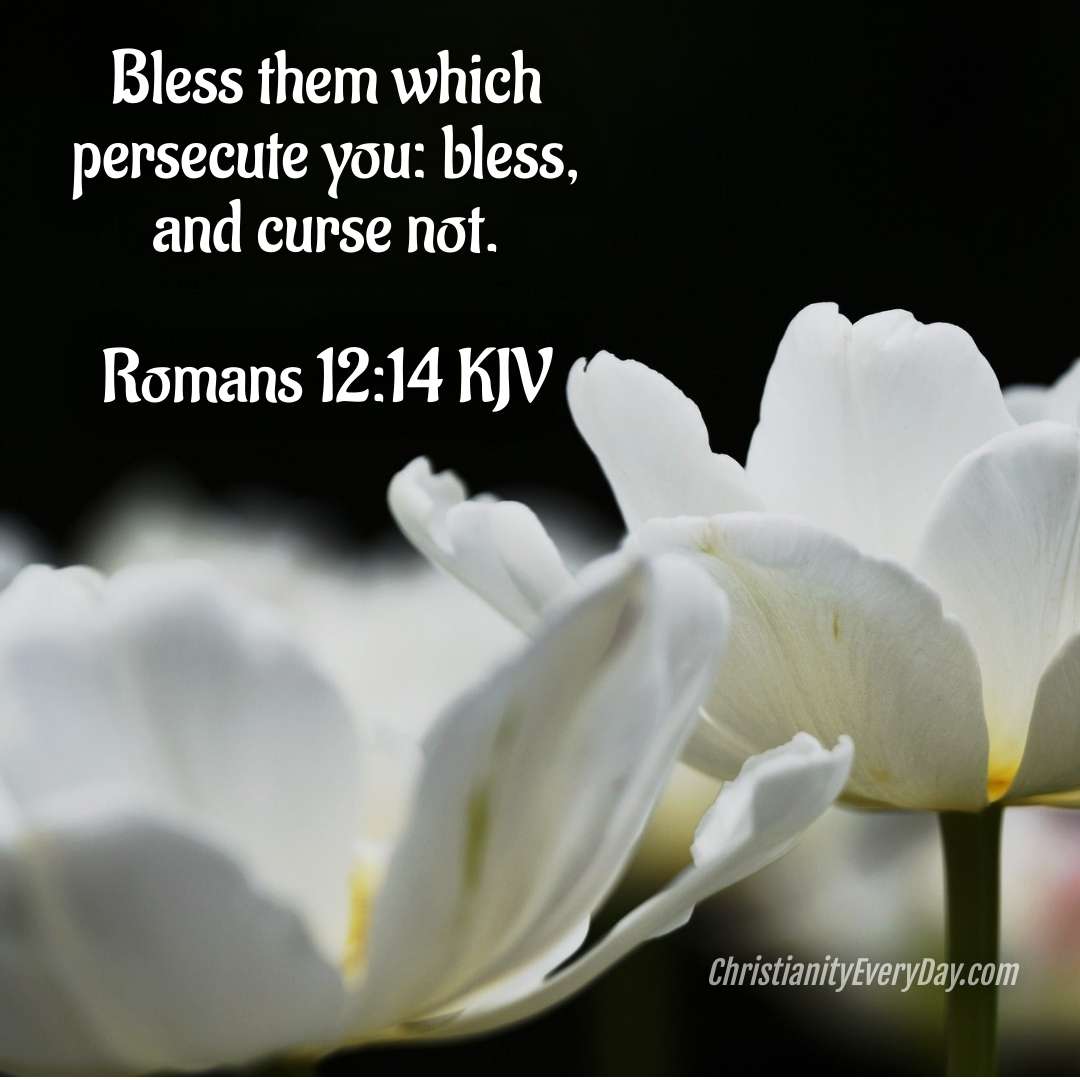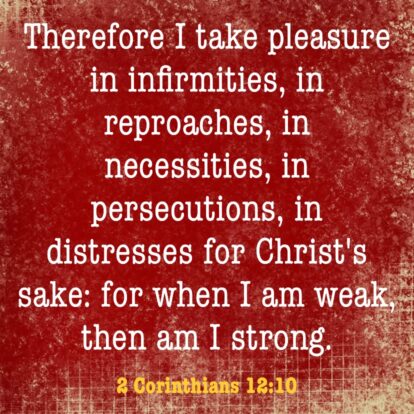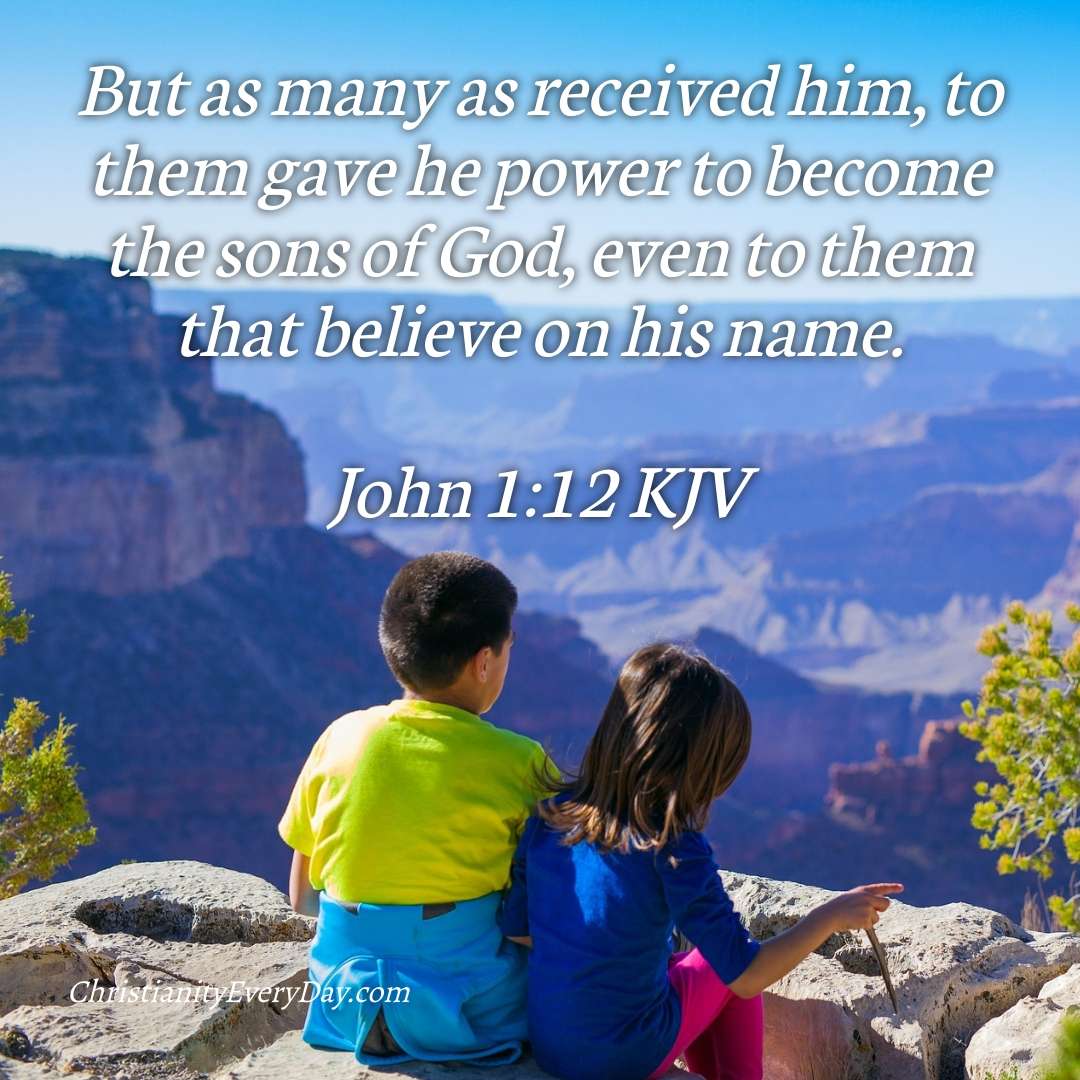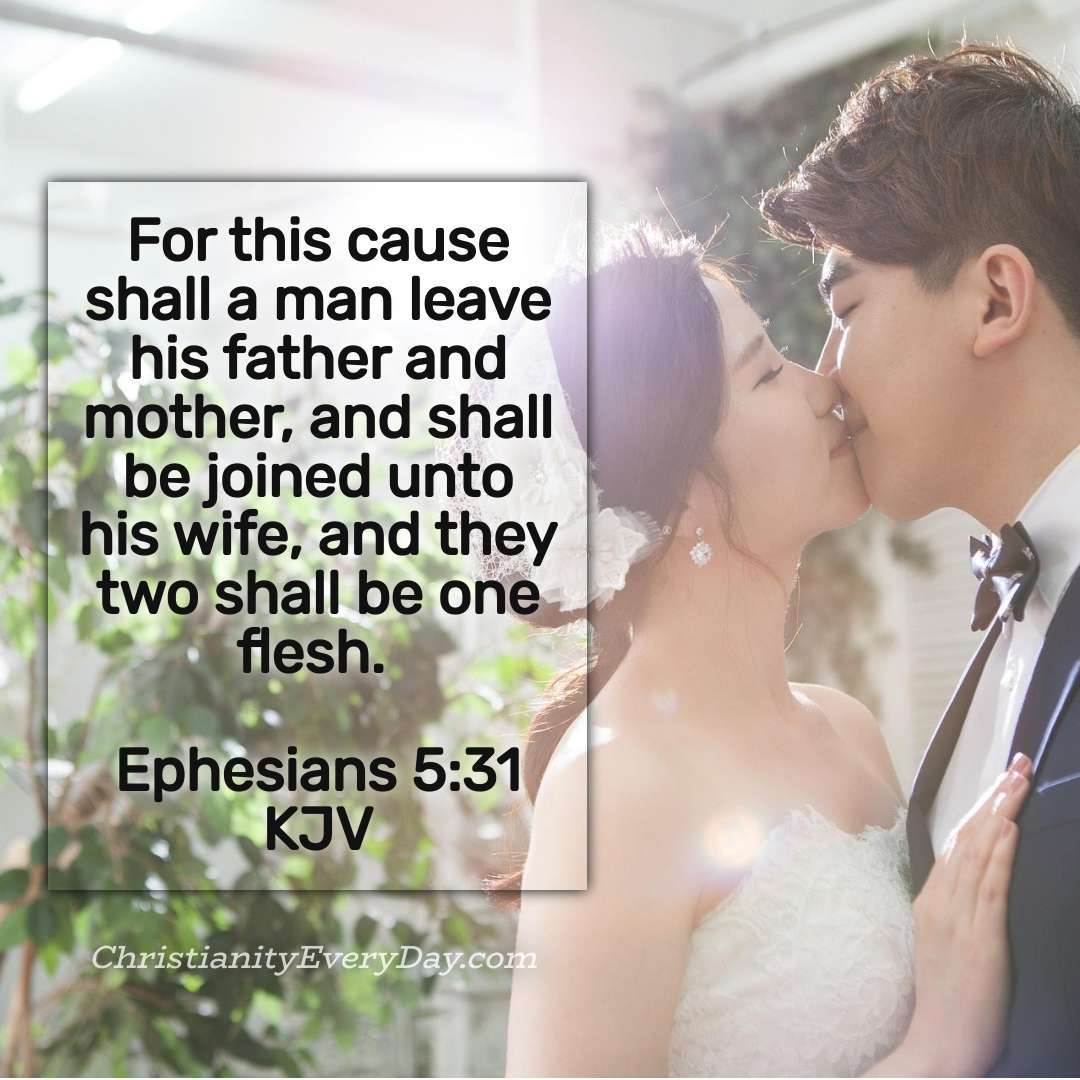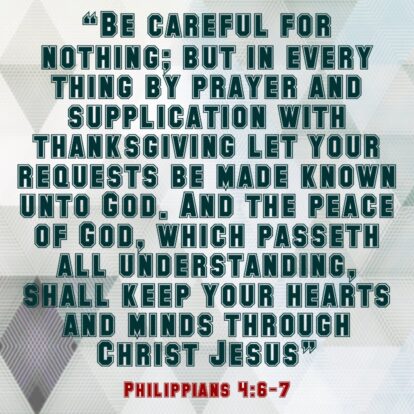God Says Live in Peace
Let all bitterness, and wrath, and anger, and clamour, and evil speaking, be put away from you, with all malice: And be ye kind one to another, tenderhearted, forgiving one another, even as God for Christ’s sake hath forgiven you. Ephesians 4:31-32
God calls us to live in peace with one another especially with our brothers and sisters in Christ. Sadly, that is not always the case, is it? Admit it, are some of us guilty of that judgment for what someone might be wearing to church? Or how about when we see them doing something that we believe goes against our own personal convictions? What about that movie they just watched? Or even the way their young children or even adult children conduct themselves? And aren’t there even so many things about the Bible that we might disagree upon?
One thing we might all agree upon is the simple gospel of Jesus Christ: Christ died for our sins and rose from the dead according to Scriptures (1 Corinthians 15:3-4). Though this message that was given to Paul to deliver has not always been so easily defined.
Conflict Even in the Bible
We see conflict among God’s people written in Acts 15 as well as Galatians 1 & 2. Defining the gospel is the main purpose of Paul’s prison epistles (Ephesians, Philippians, Colossians and Philemon) that were written when Paul was under house arrest in Rome.
The book of Acts beginning in chapter one tells us how after Jesus ascended into Heaven, three of His Apostles: James, John and Peter started the first church in Jerusalem (Acts 1:13; Galatians 2:9). These three men were personally sent by Jesus to share His good news. During the time of this preaching many Jews converted to Christianity, but many rejected the gospel message. But the Jews were not the only people that needed to hear – there were Gentiles too and God gave a vision to Peter to preach to Cornelious, a Roman centurion, and a Gentile. Cornelious’s conversion is how the Lord showed the Jews that salvation through Jesus was not only for the Jew, but for the Gentile as well (Acts 10).
Along about the same time God was preparing a man named Ananias to approach Saul of Tarsus to let him know that he was God’s chosen vessel to bring the gospel to the Gentiles. Ananias was fearful to see Saul because Saul was a hater of Christians (Acts 8:1) but the Lord promised him no harm. By the time Ananias met Saul God had already met Saul on the road to Damascus and blinded him temporarily. God restored Saul’s sight and filled him with the Holy Ghost when he believed the truth of the gospel and became a Christian (Acts 13:9). He was also given a new name: Paul.
In Old Testament law the Jews believed that they needed to be circumcised as a sign that they were God’s chosen people (Genesis 17:10-14). Even though James, John and Peter continued preaching to the Jews in Jerusalem as time went on the Jews had trouble letting go of their traditions and laws, mostly because their leaders encouraged them to “live like a Jew”, like be circumcised. The Jewish leaders believed that the need for circumcision was never taken away, even after Jesus paid it all on the cross (Acts 15:5). This caused much conflict among the believers, so much so that there was a big meeting among the Pharisees, Paul, and the other Apostles to settle the matter. It was then that even James pointed out that not only were the Jews stuck in their traditions, but the Gentiles continued to keep pagan practices as well as believing on Jesus (Acts 15:20).
Paul Endured Trials and Lived Through Conflict
Shortly after this Paul was captured in Jerusalem and imprisoned because some Jews of Asia saw Paul teaching in the temple and made accusations that he was breaking the law by letting Greeks into the temple. Paul was then transferred to Caesarea and finally to Rome after a long journey where he was placed under house arrest for two years, at which time he was allowed to preach. As mentioned earlier, this is when he wrote the prison epistles as well.
Paul endured many trials and tribulations not withstanding disagreements and conflicts among his brothers and sisters in Christ. His encouragement was always “Jesus”, because Jesus is enough (Philippians 4:13). He encourages us to model what we see in him (Philippians 4:9; 1 Corinthians 11:1). Jesus said that “every city or house divided against itself shall not stand” (Matthew 12:25).
When we have disagreements and disputes in the Church, we are not modeling what Paul nor Jesus have taught us to do. We need to be united in our mission to share the precious gospel of Jesus Christ.
Things to Think on and Do
- Paul endured much in his lifetime. What was his encouragement to endure? (List a Scripture reference).
- Where else in Scripture does Paul exhort Christians to be kind to one another?
- Examine yourself, do you need to be reminded that even though you disagree with the actions of a brother or sister in Christ, your job is to encourage them and pray for them and it is the Holy Spirit that must convict them?
- After you have encouraged a believer and you see no change, what should you do next? (please share Scripture to support your answer).

Pamela Rose Williams, Founder of Christianity Every Day, is a wife, mother, and grandmother. She and her husband, Dr. Michael L. Williams have served in Christian ministry since 2001. She has Master of Ministry in Biblical Counseling and Bachelor’s in Christian Education degrees. Most of her time is spent as a professional editor and writer, working with many Christian authors and artists. She also uses her extensive experience in information technology providing Christ-centered teaching tools and resources for people all over the world. To learn more about Pamela visit her About page.


















